decomposing mulch question
treelover
14 years ago
Related Stories

GARDENING GUIDESNew Ways to Think About All That Mulch in the Garden
Before you go making a mountain out of a mulch hill, learn the facts about what your plants and soil really want
Full Story
GARDENING GUIDESHow to Pick a Mulch — and Why Your Soil Wants It
There's more to topdressing than shredded wood. Learn about mulch types, costs and design considerations here
Full Story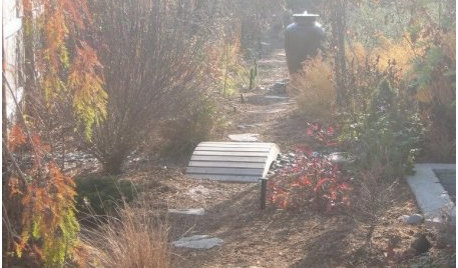
GARDENING GUIDESCentral Plains Gardener's November Checklist
Mulching, seeding, feeding — several small tasks to ensure a winter of activity, and a good spring start.
Full Story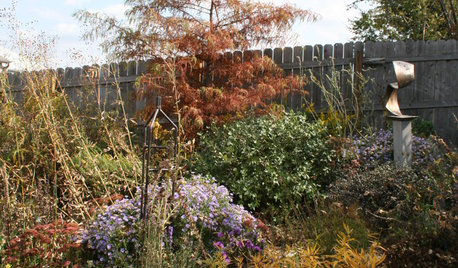
REGIONAL GARDEN GUIDESCentral Plains Gardener's October Checklist
Fall foliage color and crisp mornings, plus mulching beds and planting spring bulbs, make October a gardener's heaven
Full Story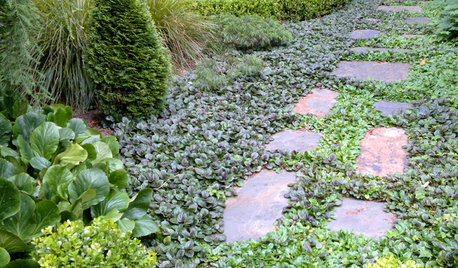
GROUND COVERSGround Force: 10 Top Ground Covers for Your Garden
Protect your soil from weeds and drought this summer with a living mulch of ground covers
Full Story
GARDENING GUIDESGarden Myths to Debunk as You Dig This Fall and Rest Over Winter
Termites hate wood mulch, don’t amend soil for trees, avoid gravel in planters — and more nuggets of garden wisdom
Full Story
FALL GARDENING5 Ways to Put Fall Leaves to Work in Your Garden
Improve your soil and yard the organic way with a valuable garden booster that grows on trees
Full Story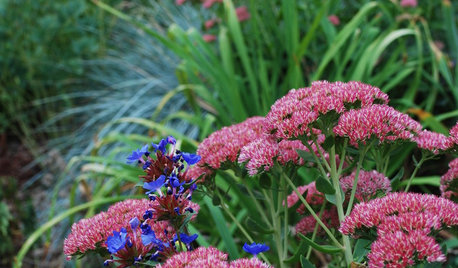
GARDENING GUIDESFall Is Calling: What to Do in Your October Garden
Get a jump on winter prep or just sit back and watch the leaves fall. The beauty of an autumn garden is in all the choices you have
Full Story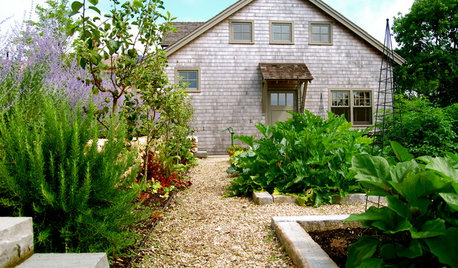
GARDENING GUIDESThe Simple Secret to Gardening Success
Learn the kinds of soil and a DIY type test to make sure you’re putting the right plant in the right place
Full Story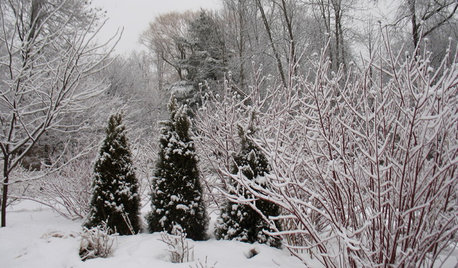
NORTHEAST GARDENINGNortheast Gardener's December Checklist
Wildlife and evergreens provide plenty of winter interest, but barer views offer their own benefits for gardens
Full Story





tapla (mid-Michigan, USDA z5b-6a)
treeloverOriginal Author
Related Professionals
West Milford Landscape Architects & Landscape Designers · Forest Park Landscape Architects & Landscape Designers · Lyons Landscape Architects & Landscape Designers · Saint Matthews Landscape Architects & Landscape Designers · Stamford Landscape Contractors · Edmond Landscape Contractors · Broadlands Landscape Contractors · East Hanover Landscape Contractors · Eureka Landscape Contractors · Fort Mill Landscape Contractors · Hollywood Landscape Contractors · Mashpee Landscape Contractors · San Bruno Landscape Contractors · Del City Decks, Patios & Outdoor Enclosures · Fredonia Decks, Patios & Outdoor Enclosureslazy_gardens
gjcore
treeloverOriginal Author
idaho_gardener
treeloverOriginal Author